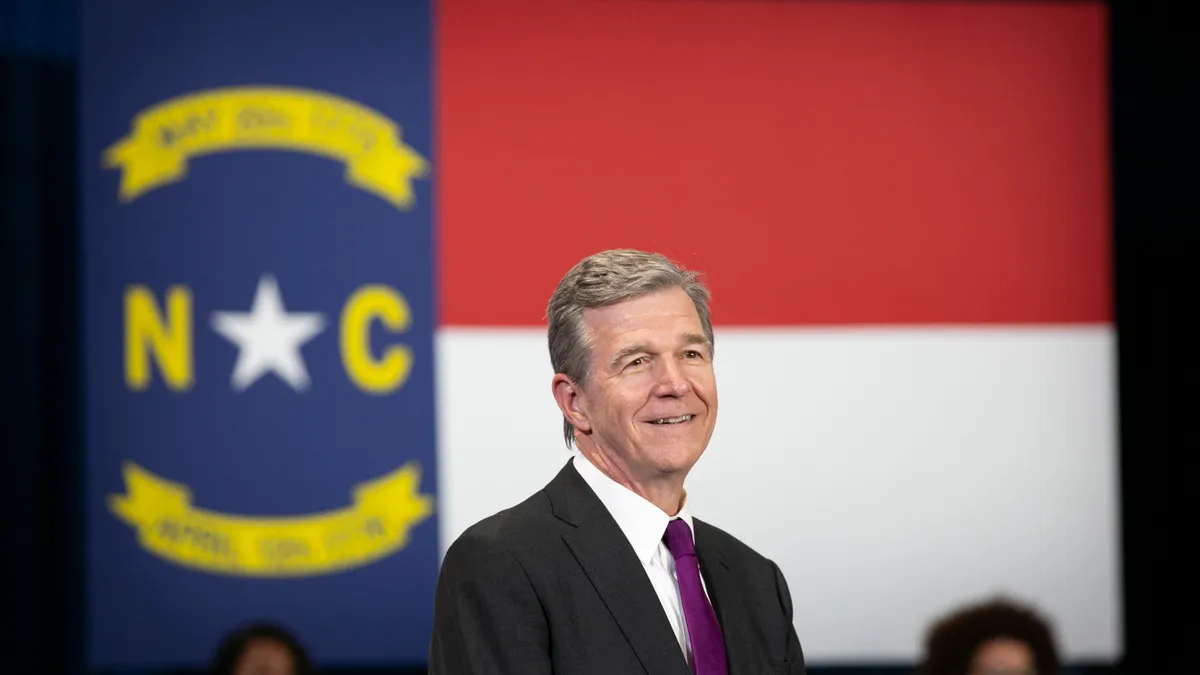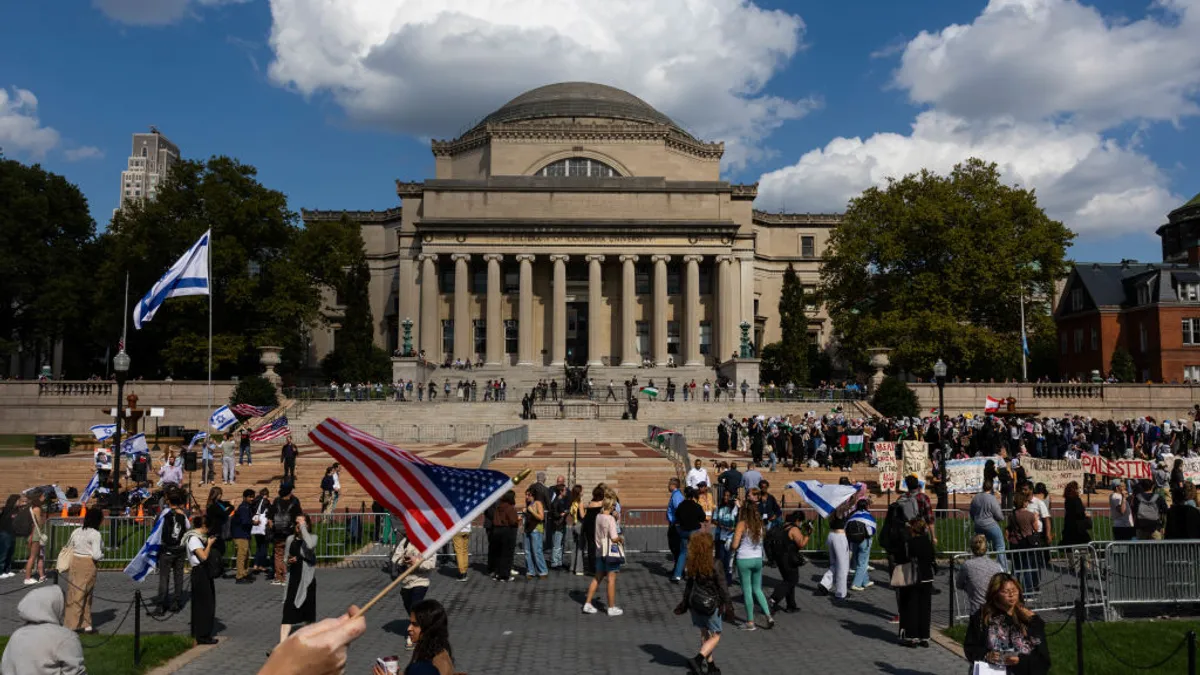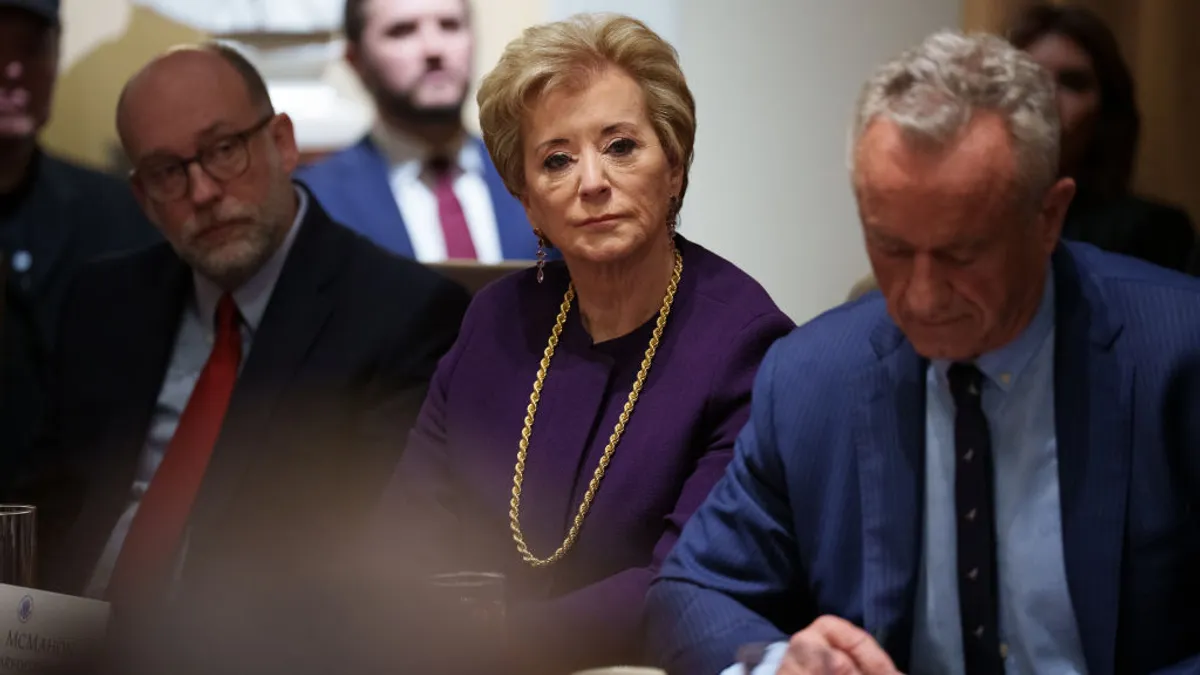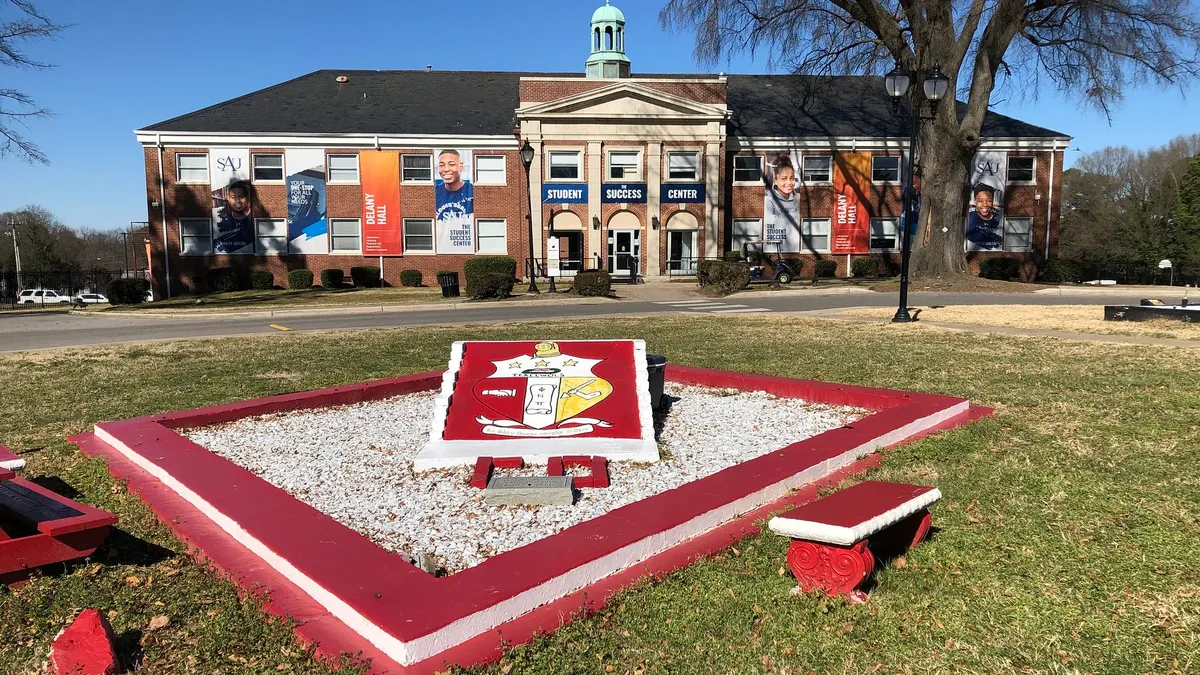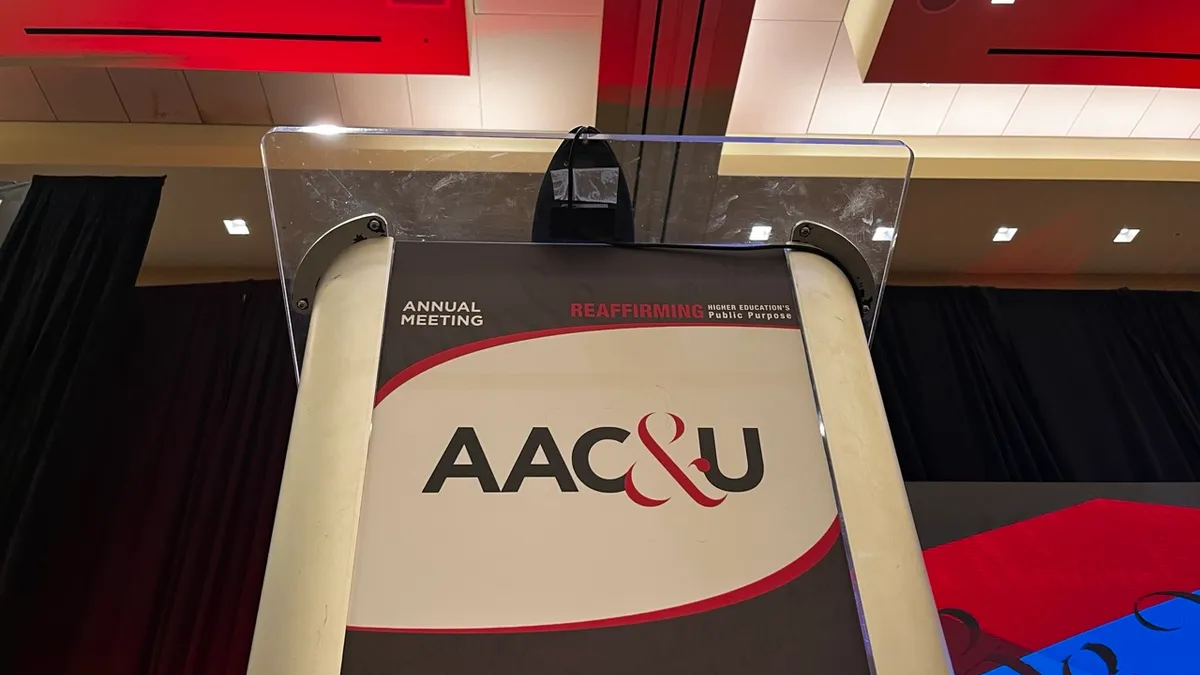Politically tinged skirmishes have occurred for more than a decade at the University of North Carolina System, from recent episodes like last year’s tenure scandal concerning Pulitzer-prize winning journalist Nikole Hannah-Jones to high-profile departures of UNC leaders.
The subsequent fallout has made the UNC system, a preeminent piece of the nation’s public higher education landscape, an unattractive prospect for executives and faculty, experts say.
Now, the state’s Democratic governor, Roy Cooper, wants change in how appointments are made to college governing bodies. Cooper announced executive action Tuesday to form a commission that will study governing frameworks and within eight months deliver recommendations on how to improve them.
The governor brought in previously ousted power players to guide the work: Tom Ross, president of the UNC system from 2011 to 2016, and Margaret Spellings, who led the system from 2016 to 2019 and served as U.S. Secretary of Education under former President George W. Bush.
Whether lawmakers, particularly conservatives who have held sway over the state’s legislature for more than 10 years, will endorse potential reforms is another matter.
Political power
The UNC system’s governing board is an oddity in the higher ed world, as state legislators appoint it entirely. More often, these panels are a mix of gubernatorial and legislative picks, or members the public elects.
After Republicans took hold of the North Carolina General Assembly more than a decade ago, they pushed through sweeping changes, including slashing state support for public higher education. They also began installing like-minded picks and their donors to boards.
This dynamic has eroded autonomy in the 240,000-student system, as lawmakers coerce system officials’ decision making, critics say. Earlier this year, the governing council of the nation’s top faculty group, the American Association of University Professors, formally condemned the UNC system over political interference.
In a statement, Cooper similarly alluded to partisan meddling, saying recent events have "led to concerns that boards plagued by undue political influence and bureaucratic meddling hinder effective university governance.”
“Instability and political interference can have significant impacts on campus leadership, turnover and academic experience for students, and can threaten the university’s reputation and the state’s economy and communities,” Cooper said.
What work is there to be done?
Both Spellings and Ross left the UNC system presidencies earlier than anticipated amid political pressures. Spellings now is president and chief executive of Texas 2036, a nonprofit aiming to develop state policy recommendations and Ross is a senior adviser for the Volcker Alliance, an organization attempting to support the public sector workforce. He was formerly the alliance’s president.
Spellings announced in 2018 she would resign after only three years on the job. She'd contended with several high-profile controversies and the rising hard-right political tide in the state.
She departed amid intense drama concerning Silent Sam, a Confederate-era monument on the Chapel Hill campus that protesters toppled in 2018.
System board members, many of whom had taken their seats after Spellings’ hiring, at that point had split into factions for and against her.
Spellings said in a phone interview Wednesday the board was transitioning during her time at the system, as the legislature cut back on the number of seats, from 32 to 24 by mid-2019.
The new commission offers an opportunity to examine the board’s makeup and whether it is sufficient in terms of diversity, Spellings said.
That’s diversity of thought, as well as political and demographic diversity, she said.
White men shouldn’t dominate the board, nor should those solely interested in the flagship institutions, Spellings said.
“It’s corrosive” if the public doesn’t trust institutions are inclusive, she said.
She anticipates the commission will meet for the first time before the end of the year and will likely get a history lesson on board governance, potentially from a source like the Association of Governing Boards of Universities and Colleges.
Roadblocks ahead
However, significant alterations to board structures may require buy-in from the lawmakers reluctant to cede power. The speaker of the North Carolina House of Representatives, Republican Tim Moore, has taken a particular interest in state higher education. Moore at one point was even rumored to be angling for the chancellorship at Eastern Carolina University, a UNC system campus.
The state General Assembly names four members of UNC-Chapel Hill’s board, with one ex officio student representative and the system board selecting eight more.
Before 2016, the governor appointed campus board members. The legislature stripped that power that year, between the time when Cooper was elected and when he took office in 2017.
Moore’s chief of staff, Neal Inman, did not respond to a request for comment Wednesday. But Inman told a local news station, “There is no interest in changing the structure of the UNC system, regardless of whatever report this politically-motivated commission produces.”
The idea of a governance commission has been floated before. Coalition for Carolina, an organization aiming to free UNC-Chapel Hill from political influence, backed the concept earlier this year.
In a February webinar sponsored by Coalition for Carolina, former system board member Paul Fulton suggested the state more broadly distribute responsibility for naming governing board nominees and pass a law requiring representation on the board from the political party not in power.
Peter Hans, the current UNC system president, did not take a firm position on the commission.
Hans said in an emailed statement the 17-campus system remains committed to its mission, its $1.8 billion research portfolio and its students.
“Disagreements over policy and governance are a fact of life, and we welcome public interest and accountability, as the University of North Carolina’s fundamentals have never been stronger,” Hans said.



